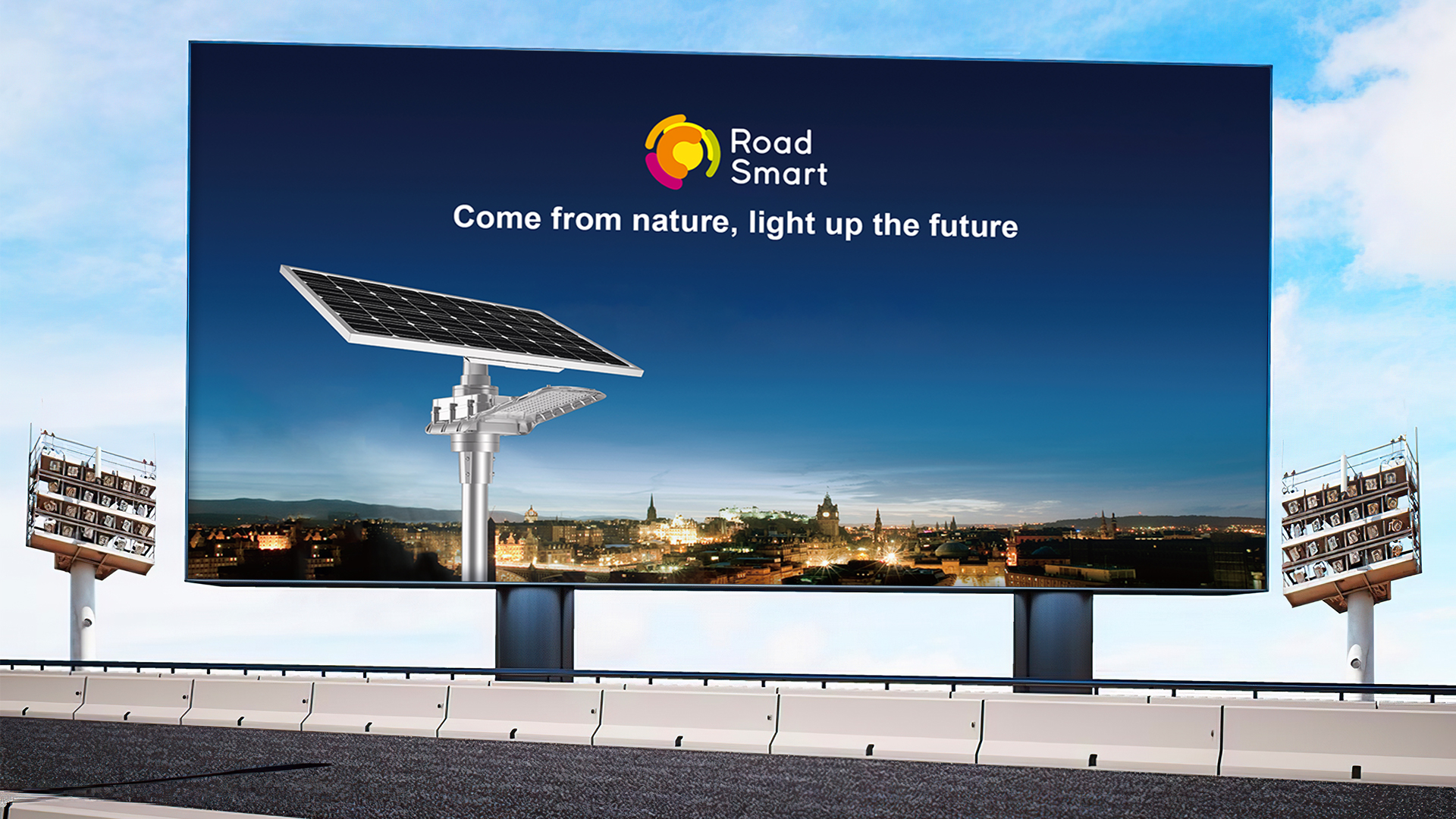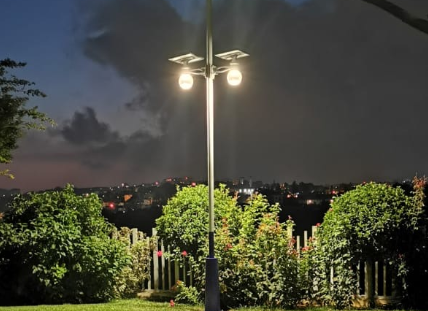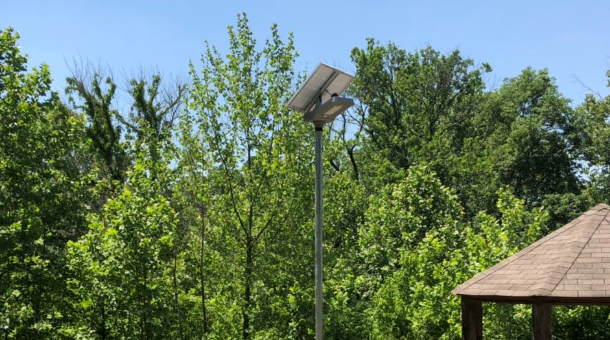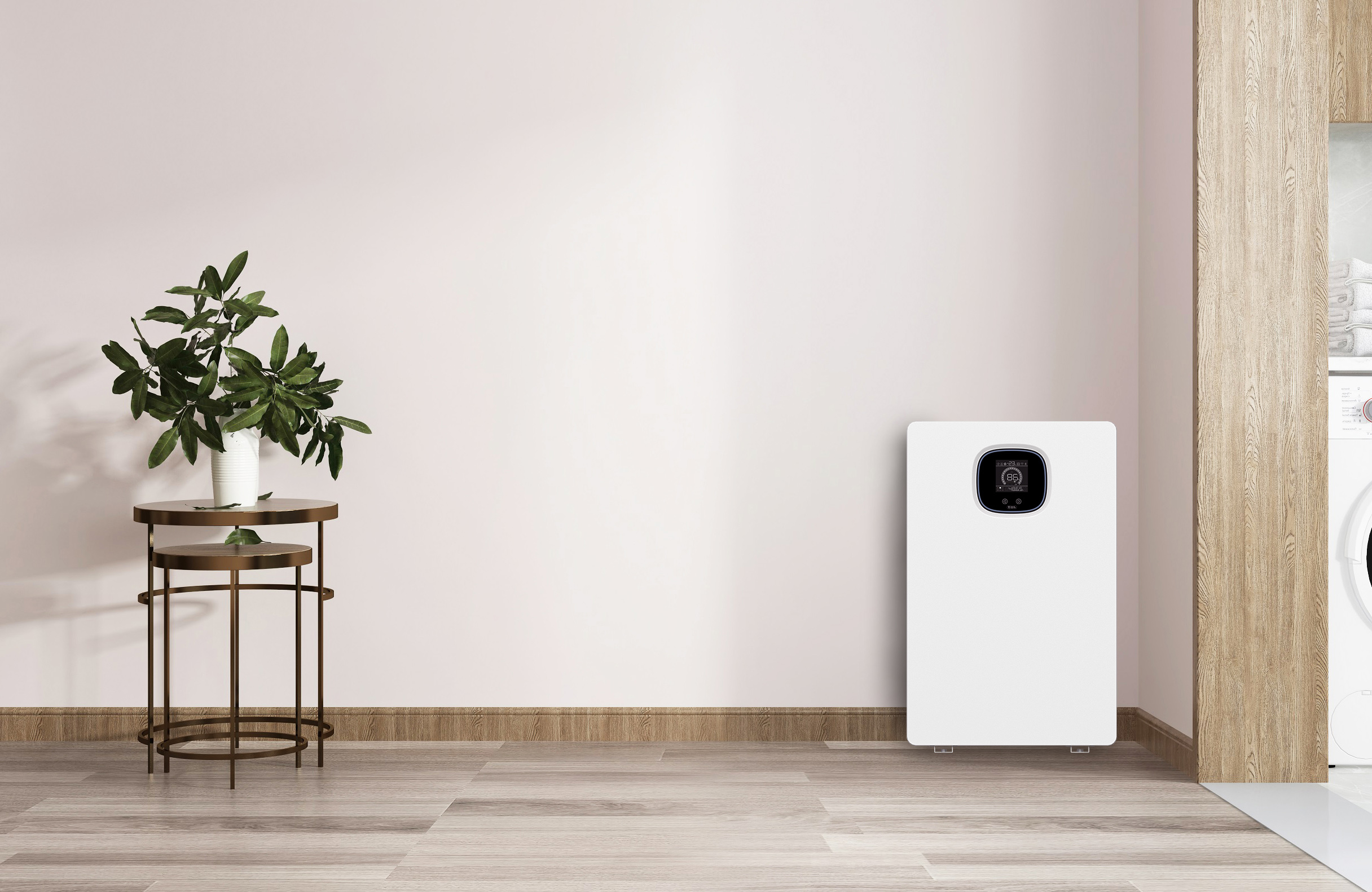Some Common Myths about Solar Panels
Harnessing the sun’s energy to generate electricity is undoubtedly appealing these days. Homeowners who install solar systems on their rooftop or property can offset their energy usage, enjoy savings on their electricity bill, and contribute to a greener, healthier planet. While solar panels have their drawbacks too, there is a vast amount of misinformation about solar panels. With the increasing number of debates about the pros and cons of solar, it’s time to clear up some of these common misleading myths.
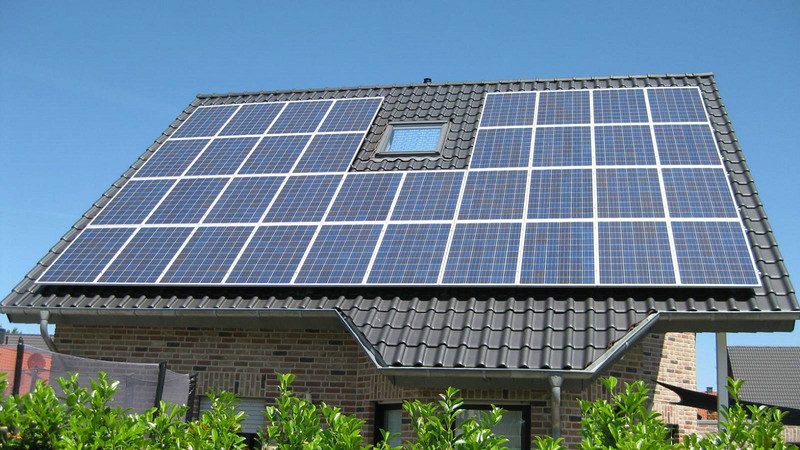
Myth one : solar panels will not pay for themselves
As for how long it takes for solar panels to pay for themselves, the average payback period for solar panels is 3-6 years. The average life of solar panels is 20+ years. A typical homeowner will see a reduction on their electricity bill within a month after their solar panels started to work. When your solar panels will pay for themselves is different for everyone, depending on how much your electricity bills are, how much energy your home consumes, and how many panels you have installed, among other factors.
Myth two: solar panels don’t work in cold, cloudy climates
You might be surprised to know that solar panels actually do work on cloudy days, as well as in the winter. In fact, solar panels work better in cooler temperatures than in hotter temperatures, so as long as the panels can capture some sunlight (even through the clouds), they will generate power for your home. The efficiency for your particular solar panels may be reduced during cloudy days, but you might not even see a difference, depending on how much energy your home uses during the day. High-quality solar panels are made for high efficiency in all weather and are made to withstand the elements. For example, Road Smart solar panels can still work with a high efficiency in cloudy days or winter.
Myth three: Solar panels are difficult to maintain
In fact, solar panels require no maintenance. Some homeowners like to hose them down from debris or squeegee, but because solar panels are installed at an angle, when the rain comes, they will naturally be cleaned off. When it snows, solar panels will give off heat when active. This helps melt the snow.
Besides, all reputable solar panel manufacturers and installers provide extended warranties, meaning they cover the cost of repairs if something goes wrong with the solar panels. The average warranty is 25 year. It can often be worthwhile to choose a more expensive option if the company provides a better warranty than a lower-priced competitor.
Myth four: Solar panels can harm your roof
Solar panels protect the portion of the roof they cover. Because of the system’s tilt, any ice and snow accumulation will slide off the panels as they warm. This phenomenon means that the shingles under the panel are not be exposed to ice damage. Solar panels will not ruin your roof, unless you have a bad installation process. This is why it is vitally important to get your panels installed by professionals who understand roofs. The first thing to look at when choosing an installer is to check out reviews of the installation process. The next thing to look for is a solar panel company that also knows about roofs. In other words, they have been adept at handling roofs for years.
Once homeowners have the proper understanding of solar energy and solar panels, they can find the appropriate setup for their home.
Related Articles:
Introduction to Solar Energy Storage
How to maintain your storage battery?
How long does your solar panel last?


